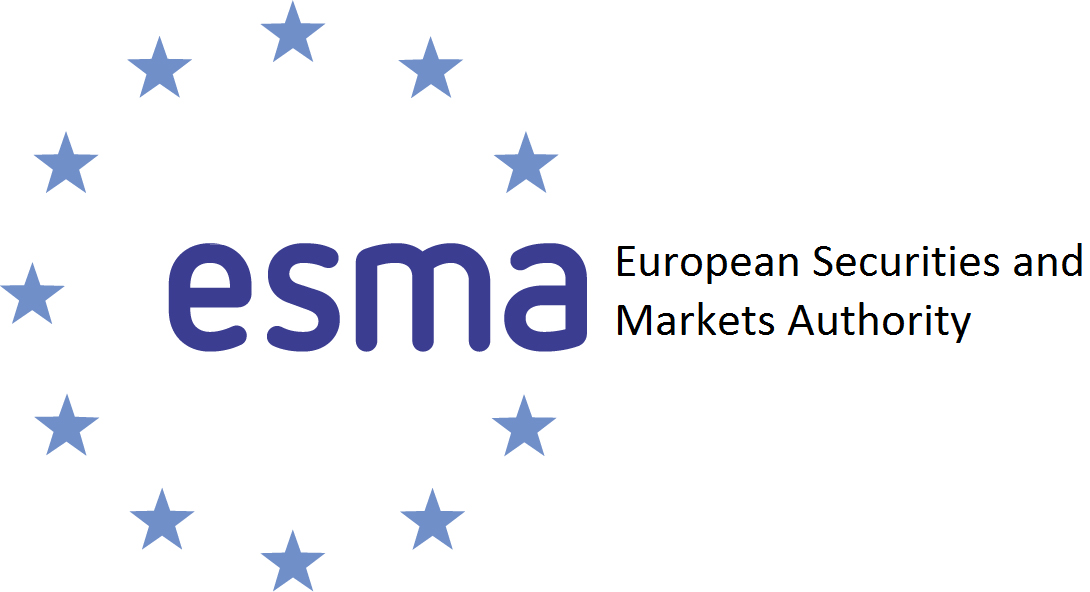The European Securities and Markets Authority (ESMA) has launched an industry-wide review of the UCITS Eligible Assets Directive (EAD).
The European financial watchdog issued a call for evidence on 6 May looking into the eligibility of assets including structured and leveraged loans, AT1 bonds, commodities, crypto assets and emission allowances.
The long-awaited review comes following growing uncertainty around whether some categories of financial instruments are eligible for investment.
The review covers two aspects of the directive. Firstly, focusing on the clarity of existing definitions and the divergence in the interpretation of the type of assets UCITS invest in, including the use of derivatives and indices to gain exposure to commodities.
Sergey Dolomanov, partner at William Fry, said: "The focus on convergence is positive as it will reinforce a level-playing field among jurisdictions and work to ensure that any overly permissive or conservative interpretations of the eligible assets regime do not exist on a jurisdiction-to-jurisdiction basis."
Secondly, and of most interest to ETFs, the call for evidence will assess the merits of allowing direct or indirect UCITS exposures to more "exotic" asset classes, including crypto, commodities, delta-one instruments and exchange-traded notes (ETN).
The current EAD rules have not been updated since their inception in 2007, with the variety of instruments traded on financial markets increasing considerably during that time.
“[This has given] rise to divergent interpretations and market practices in terms of the application of the UCITS directive and possible investor protection concerns,” ESMA said.
Crypto ETPs have been seen as one such area. Their growth in Europe and the introduction of spot bitcoin ETFs in the US shone the spotlight once more on crypto assets' ineligibility for UCITS.
National regulators across Europe have come to interpret the rules differently, with German regulator BaFin allows UCITS funds to buy crypto ETNs on the delta one exemption.
Meanwhile, the Spanish regulator – the Comisión Nacional del Mercado de Valores (CNMV) – also allows UCITS to have exposure to financial instruments with performance linked to crypto assets, provided they do not embed derivatives.
As a result, ESMA has asked the industry to provide its views on the risks and benefits of allowing direct or indirect exposures to crypto among other asset classes.
Dolomanov added it is currently possible to get indirect exposure to crypto via UCITS but the "cautious regulatory position" by the Central Bank of Ireland (CBI) has prevented such a move.
"The CBI believes such investment carries liquidity, fraud, money laundering and reputational risks. This inclination to err on the side of caution is understandable given the regulators' mandate of investor protection and their appreciation of the importance of preserving the success of the UCITS brand," he said.
"While it would appear likely that any policy decisions will also be informed by these considerations, the invitation to an open and comprehensive dialogue is encouraging and particularly so in terms of the potential for product innovation."
ESMA said stakeholders have until 7 August to provide feedback to the call for evidence.



